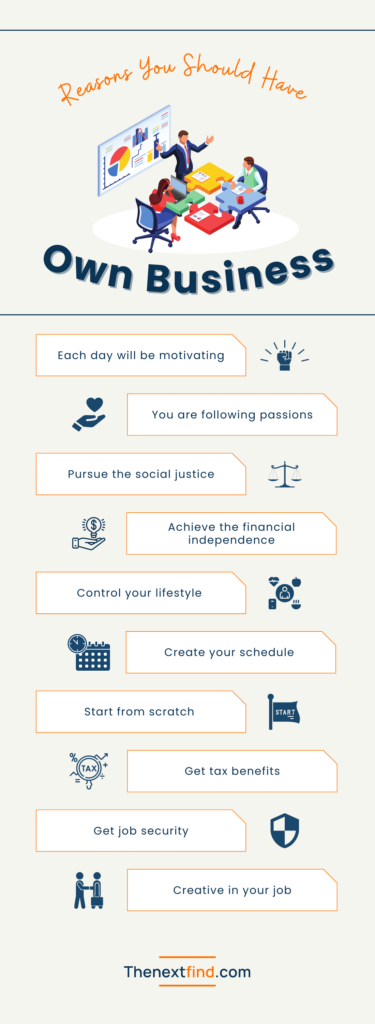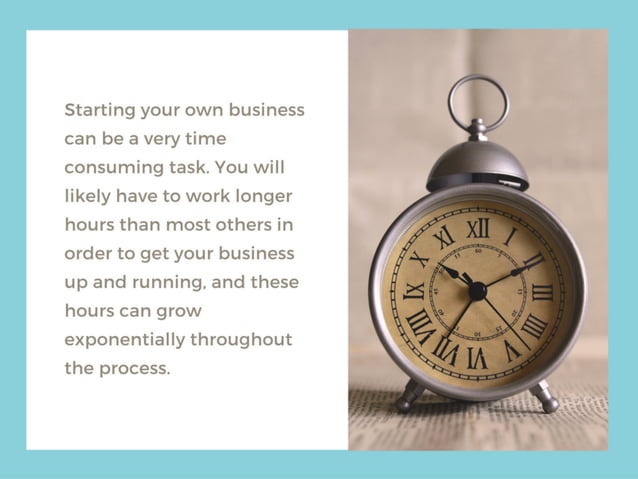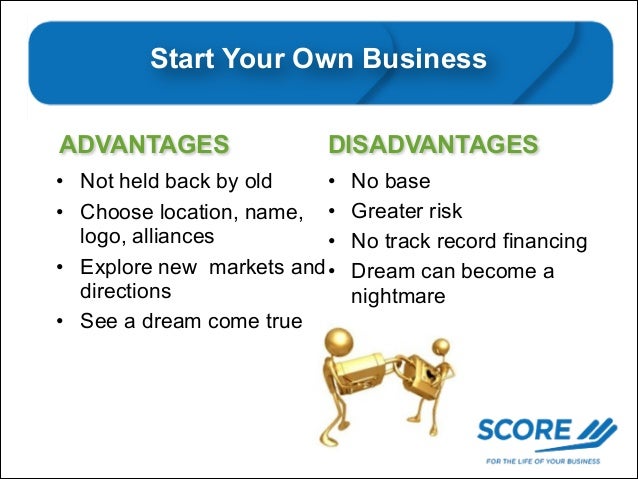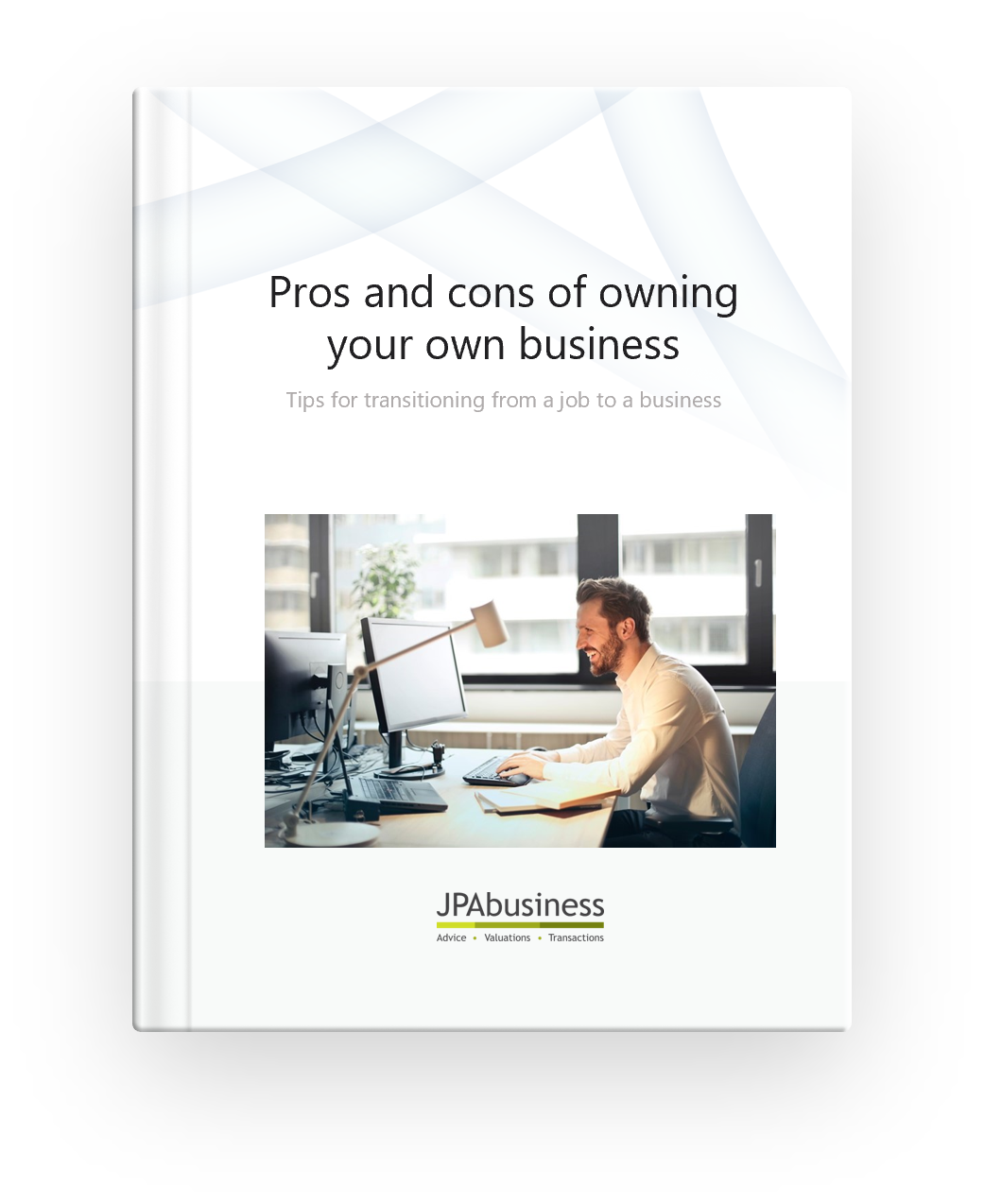Cons Of Starting Your Own Business
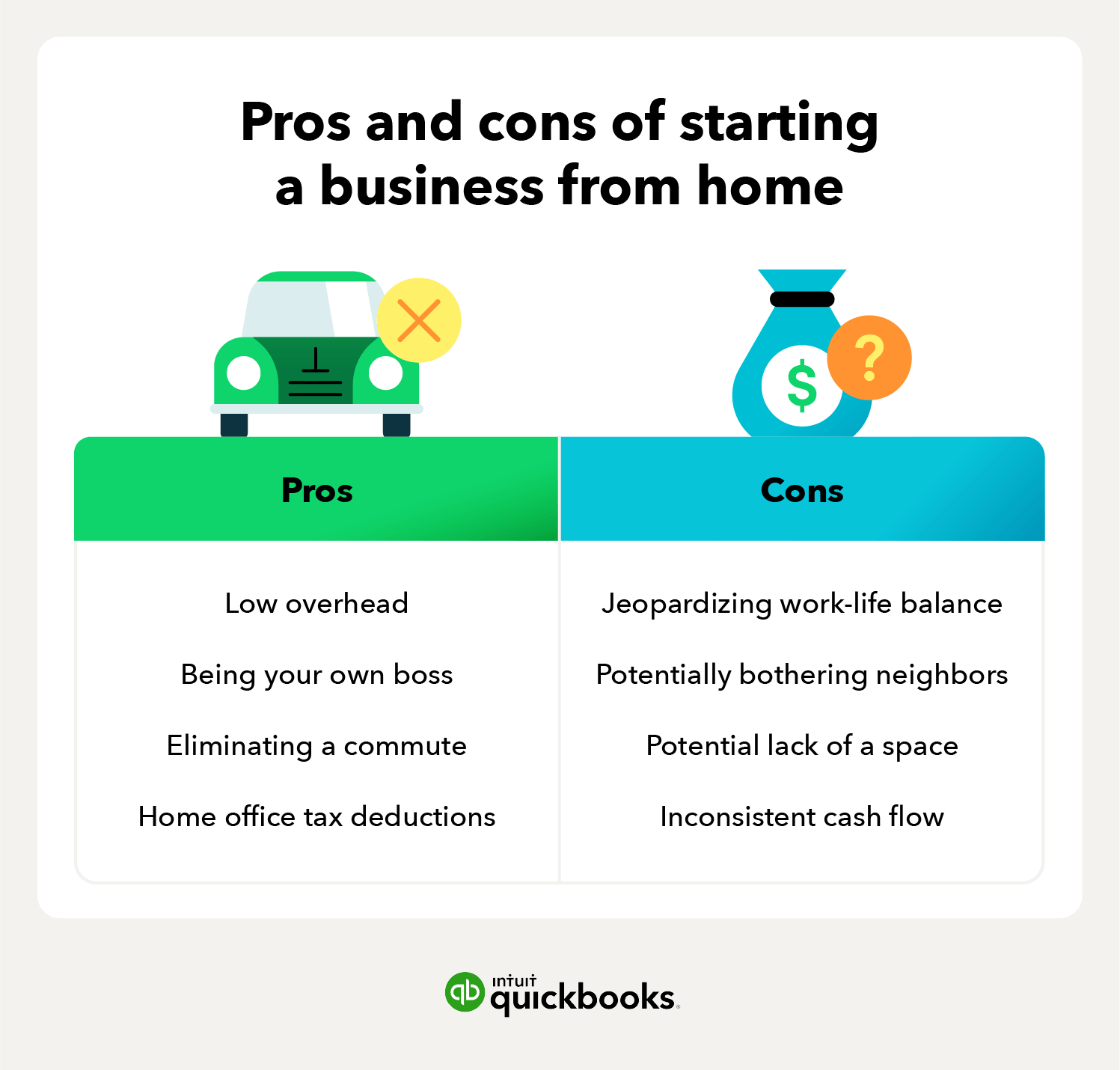
Entrepreneurial dreams often clash with harsh realities. New data reveals the significant downsides of launching your own business, impacting aspiring founders nationwide.
This report dissects the less glamorous aspects of entrepreneurship. We're talking financial strain, immense stress, and personal sacrifices that many underestimate before taking the plunge.
Financial Instability: A Constant Worry
One of the biggest challenges is inconsistent income. A recent Small Business Administration (SBA) study shows that nearly 30% of new businesses fail within the first two years due to cash flow problems.
Personal finances are often intertwined with business finances, leading to significant personal debt. Many entrepreneurs mortgage their homes or drain their savings to keep their ventures afloat.
Securing funding can also be a nightmare. Banks are often hesitant to lend to startups, especially those without a proven track record.
Time Commitment: Prepare to Sacrifice Everything
Forget the 40-hour workweek. Starting a business often demands 60, 70, or even 80 hours per week. This leaves little time for family, friends, and personal well-being.
Burnout is a real and present danger. The constant pressure to succeed and the lack of work-life balance can take a severe toll on mental and physical health.
Many entrepreneurs report feeling isolated and overwhelmed. The responsibility for every aspect of the business rests solely on their shoulders.
Intense Stress and Uncertainty: A Mental Battle
The entrepreneurial journey is filled with uncertainty. Market fluctuations, competition, and unexpected challenges can create immense stress.
According to a study by the National Institute of Mental Health (NIMH), entrepreneurs are significantly more likely to experience mental health issues like anxiety and depression compared to employed individuals.
Decision-making fatigue is common. Constantly making critical decisions with limited information can lead to poor judgment and increased stress.
Limited Resources: Doing More with Less
Startups often operate with limited resources. This means doing more with less, which can be incredibly challenging.
Entrepreneurs may have to wear many hats, from marketing to accounting to customer service. This can be overwhelming and lead to a lack of focus.
Finding and retaining talented employees can also be difficult. Startups often can't compete with the salaries and benefits offered by larger companies.
The High Risk of Failure: A Sobering Reality
The statistics are stark: a significant percentage of new businesses fail within a few years. According to the Bureau of Labor Statistics (BLS), about 20% of new businesses close within the first year.
This risk of failure can be a constant source of anxiety. The fear of losing everything can be paralyzing.
Failure can also have long-term consequences. It can damage credit scores and make it difficult to secure future funding.
Next Steps: Assessing the Risks
Aspiring entrepreneurs must carefully weigh the potential drawbacks. Thorough market research, realistic financial planning, and a strong support system are crucial for mitigating these risks.
Consider consulting with experienced business owners and seeking advice from mentors. Understanding the challenges ahead is essential for making an informed decision.
Ongoing research will continue to analyze the factors contributing to startup success and failure. We will continue to report on the latest developments and insights.

